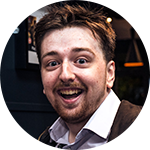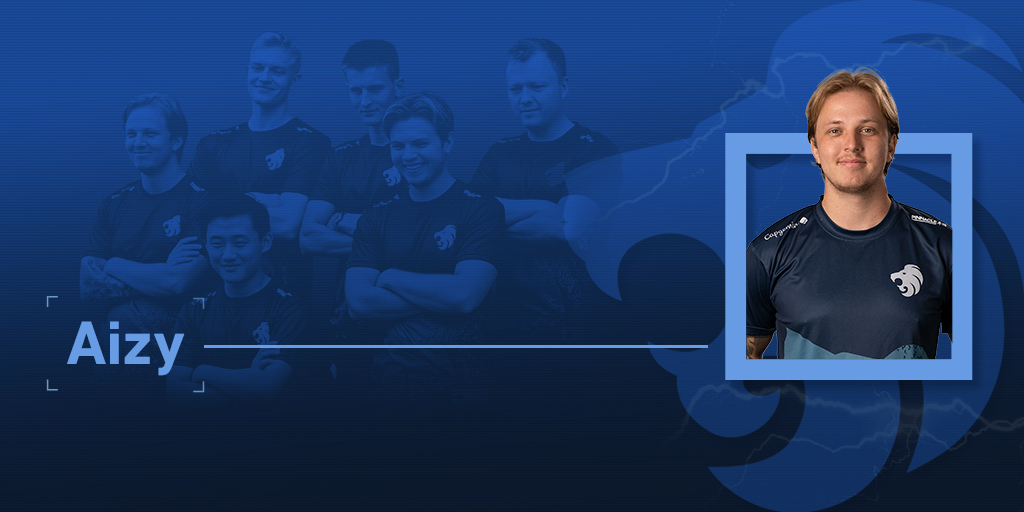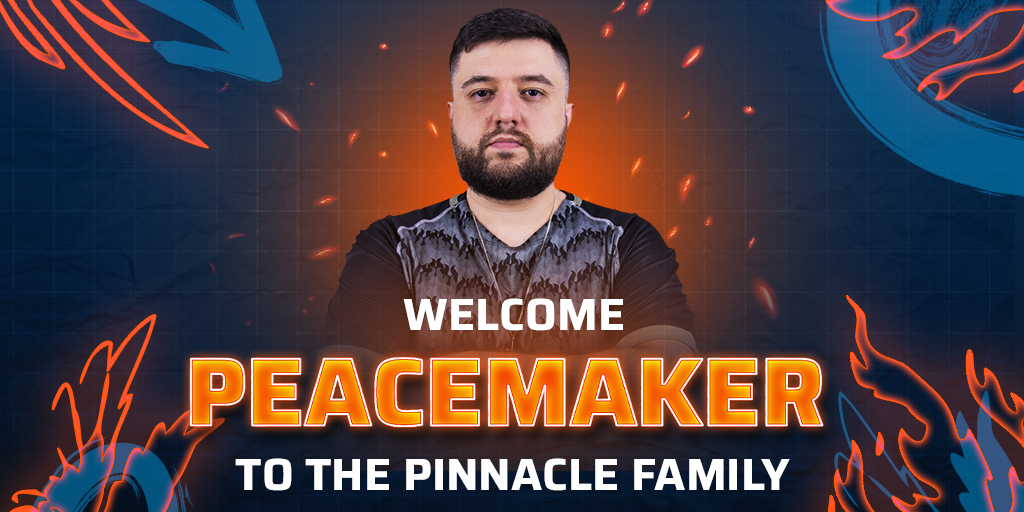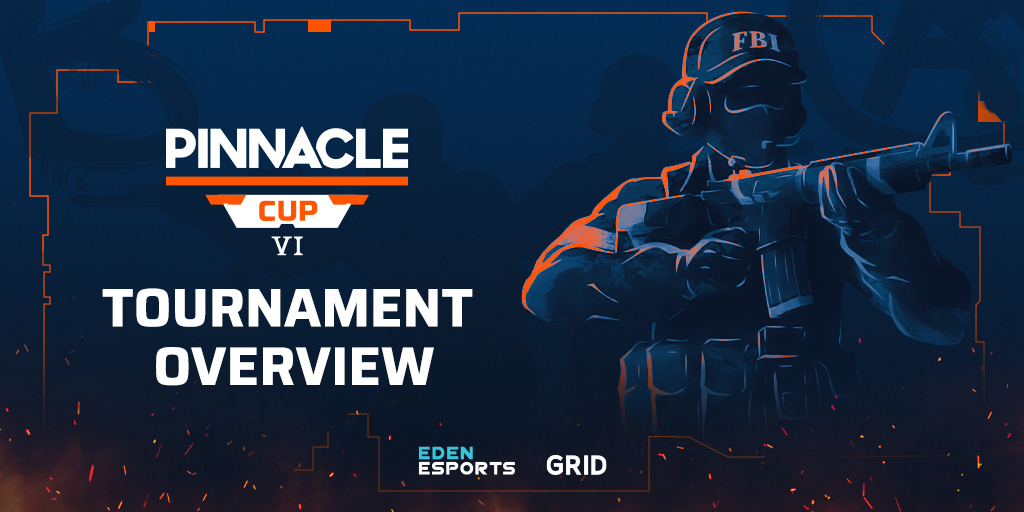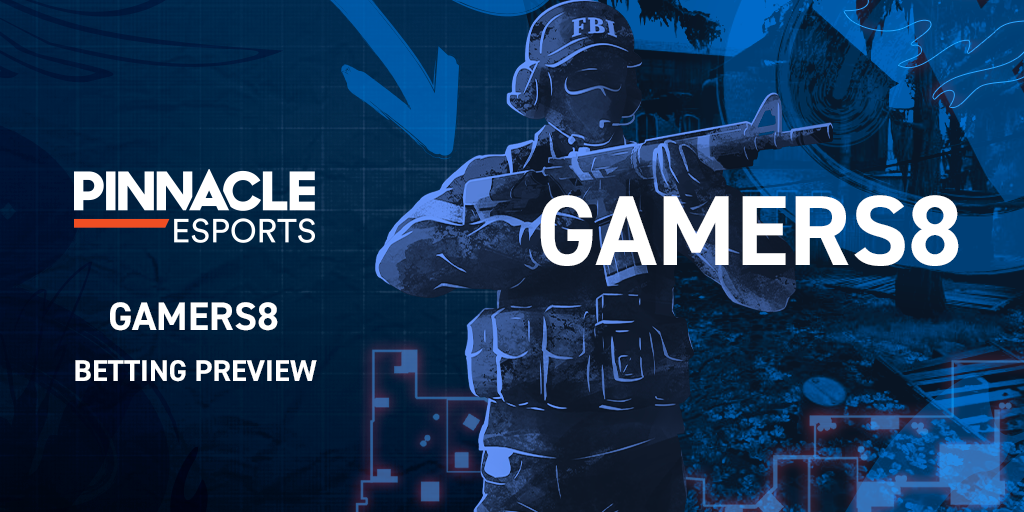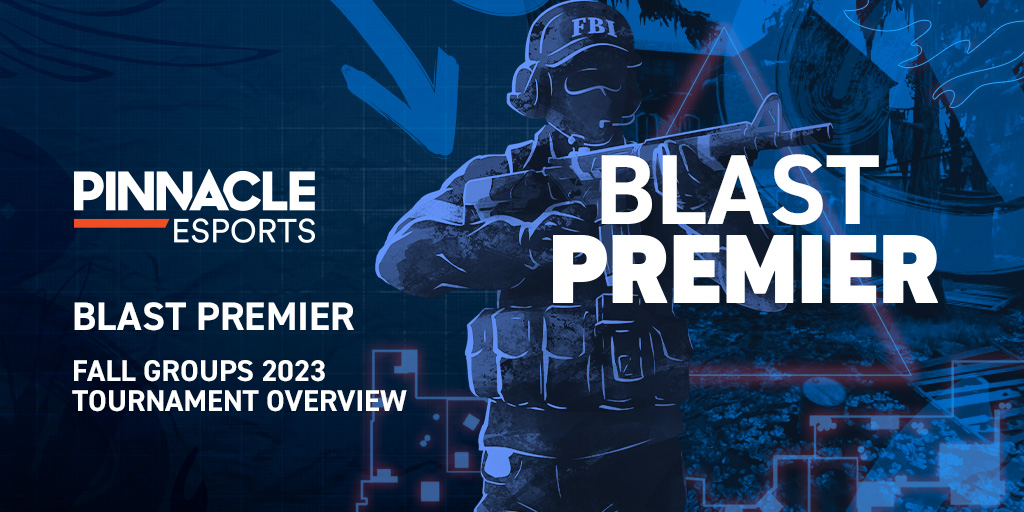How would you describe your main role in the team?
I don't think I have a main role within the team, I believe I can do a bit of everything and that's also how we play as a team. The only two main roles within the team are the AWP and the captain role for us. There are players who do more lurking and more entry-fragging than others, but everyone has a very all-round role within the team.
What was your path to becoming a professional? How much focus did you place on education at the start?
I began playing CS:GO just as the beta got released, so I've been a part of the CS:GO scene from the very beginning. I didn't really have a vision about being a professional as so many others do today, it wasn't the same back then.
I played with friends from my school - for fun - and it slowly evolved my love for the game. I started to participate in small local tournaments and from there it just took off to where I am today.
I always loved Counter-Strike. To be honest, there isn't much more to the story than just playing.
I was more interested in going home to play rather than go to school. Fortunately, the game got really popular and with the travel being more and more time consuming, in the end I was faced with the ultimatum of either going to school or playing as a professional. I would always recommend people to finish their education, but I was also in a situation where I had to choose which path I wanted to take. And, I know, as I live in Denmark where education is free for all ages, I would always be able to go back and take an education for free.
- Read the StarLadder Berlin Major 2019 Preview
Insightful CS:GO Articles
Event previews, strategy articles and all the latest odds
Follow Pinnacle EsportsYou’ve had a long and varied career, mixing in a number of Danish and international rosters. How has that crafted you as a player?
I think the simple answer is: experience. I've been in both Danish and international teams playing in the top leagues and I been playing for 5 years on a high level now.
I believe it crafted me in a way that I've played in different teams with different roles, and in that way, you get to master every role. Of course the meta is changing, so I wouldn't be able to do some of the things I did on other teams, but I've experienced most of it.
As the longest serving member of the team, how much input do you have on team decisions?
My status as the longest serving member doesn't mean my decision means more than others, everyone is contributing to the team and it's up to Valdemar “valde” Bjørn to make a decision off these inputs.
And, following on, how have you seen the team’s changes alongside your position on the squad?
Right now we're in a progressive state of the team, which means that we're not as consistent as we would like to be. We're still a new team and early on in this progress if you ask me, but we are moving forward, slowly.
How did you get into playing CS:GO?
I always loved Counter-Strike, and I think I started out playing Counter-Strike: Source back then. Back then I believe the beta for CS:GO was released, and I got a beta key along with my friends, and to be honest there isn't much [more] to the story than just playing.
When did you transition into becoming a competitive player?
I think I'm one of those people who never really were super competitive but learned to be. I think it's hard not to be when there's so much at stake today, the prestige, money, stages and so on - there's just something unique playing on a huge stage in front of thousands of fans, it's a feeling you really can't describe.
I was more interested in going home to play rather than go to school.
Who was the first player that gave you confidence to start competing?
That's a tough one. I believe every player of every team I played in gave me some kind of confidence to do better, in some way. I don't think there’s one player who gave me the confidence to start competing. I think it comes down to yourself as a player and person.
In your eyes what is success and what is failure?
I could come up with a lot of cheesy quotes but in my eyes it's loving what you do, no matter what you earn or how you live by it.
I think I wouldn't necessarily take failure as something super negative, you have to learn by failing.
Knowing what you know now, what advice would you give your 18-year old self?
I don't think I would tell myself anything, it's a part of growing up and learning from the mistakes I did as an 18 year old - that's what forms you as a person.
You can follow aizy on Twitter, @aizylife.
